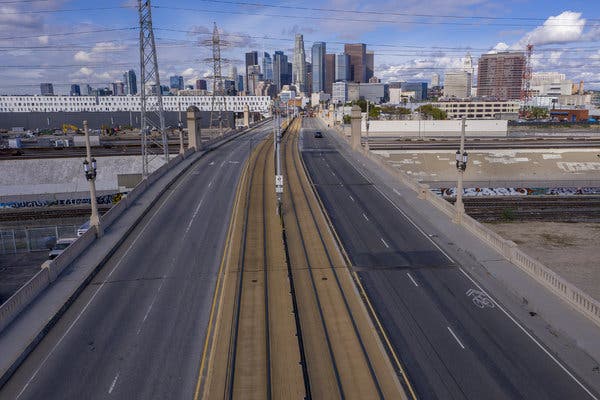Crystal Juan ’22 and Sydney Lee (CMC) ’22
Staff Writers
May 7, 2020
As a group of college students, we look into the future with curiosity, worry, and hope. To counterbalance a looming feeling of uncertainty, many of us constantly work to best prepare ourselves for whatever may come. To a certain extent, it’s necessary and even honorable to move towards becoming the best version of ourselves. However, this mindset that many young adults, ourselves included, have bought into becomes toxic when we forget about taking care of our current selves.
“Hustle culture” is a growing phenomenon consisting of excessive work and early achievement. It encourages people, especially young adults, to adapt mindsets fixated on self-improvement and productivity. Essentially, the goal is to overcome obstacles created by our very nature such as procrastination in order to work at an almost machine-like efficiency. Although this mindset has pushed people past their limits, resulting in unparalleled levels of innovation, it’s crucial to place those achievements in a broader context, especially today.
When breaking news of campus closures reached the Claremont Colleges, most of our concerns gravitated towards logistics such as travel plans, virtual classes, living circumstances and financial ramifications. While the urgency of these worries took precedence in addressing, there was always a looming question regarding the aftermath of settling into a life of isolation—What do we do with ourselves now?
“All of humanity’s problems stem from man’s inability to sit quietly in a room alone.” -Blaise Pascal
An extended amount of time at home has given us more time with ourselves than we’re accustomed to. Our typical schedules of attending one class after another, along with sports and extracurriculars have been completely paused. As a result, we’ve lost routine and gained more hours to kill. With so much time on our hands, some students may feel pressure to take advantage of quarantine to learn a useful skill or find a new hobby. The mindset behind “hustle culture” drives us to capitalize on precious free time, something most of us have a wealth of today. For some, resisting the urge to always work may translate into feelings of guilt, laziness, and unproductivity. Our struggle to embrace stillness stems from the inability to be present, and as we resist our instinct to look forward, it is crucial to acknowledge the current situation’s impact on our mental state.
Even as some students and parents are able to work effectively from home, the current economic climate cultivates uncertainty and anxiety about prospective jobs and internships. Jobs and internships originally secured for the summer have either been canceled or relocated remotely.
For college students preparing to enter the workforce, the expectation to secure a job offer coupled with a deteriorating economic climate, produces great levels of anxiety. Furthermore, underclassmen originally open to any form of on-the-job experience may feel a newfound pressure to assist with paid internships. Some families struggle to maintain financial security as parents face the possibility of unemployment. The stress debilitates all members of the family as it creates a sense of insecurity and helplessness. Although easier said than done, allowing ourselves the chance to be present and mindful during this time enables us to appreciate the blessings we are surrounded by.
In our attempts to stay present, there may be external influences preventing us from maintaining a positive mindset. One of which is obsessively following news coverage of COVID-19. This can serve as an additional source of stress and anxiety. With feelings of uncertainty about the future, we rely on updates with new information to gain some sense of direction or progress. However, viewers are bombarded with headlines regarding the economic crisis, infection rates, and death tolls, creating an environment non-conducive to working from home. The news allows us to stay updated about our current situation, but consuming information excessively results in nothing but feelings of anxiety and helplessness. Hyperstimulation detrimentally affects our mental health as we obsess over precautions and preventive measures, inhibiting us from finding joy in the smaller things. As difficult as it may be to tear ourselves away from the news, our mental health might benefit from occasional relief. In allowing ourselves to process COVID-19 based on our own timeline, we provide the headspace that offers us a unique perspective into what truly matters for our well-being.
COVID-19 impacts everyone in different ways, truly testing our ability as a world to come together and support one another. To move forward, we must first stay still. Frankly, all things considered, it takes a significant level of privilege for individuals to entertain ideas of self-improvement and productivity in the midst of a global pandemic. As the world continues to combat COVID-19, let’s grant ourselves the chance to reflect on the fortune we already have. Let’s practice compassion towards ourselves for adjusting to an unfamiliar way of life. Let’s give thanks to essential workers who place their lives at risk every day by adhering to safety instructions. And finally, let’s allow ourselves to slow down without guilt. The streets are empty, the stores are closed, and the world is still. Maybe we should be too.
Image Credit: The New York Times



